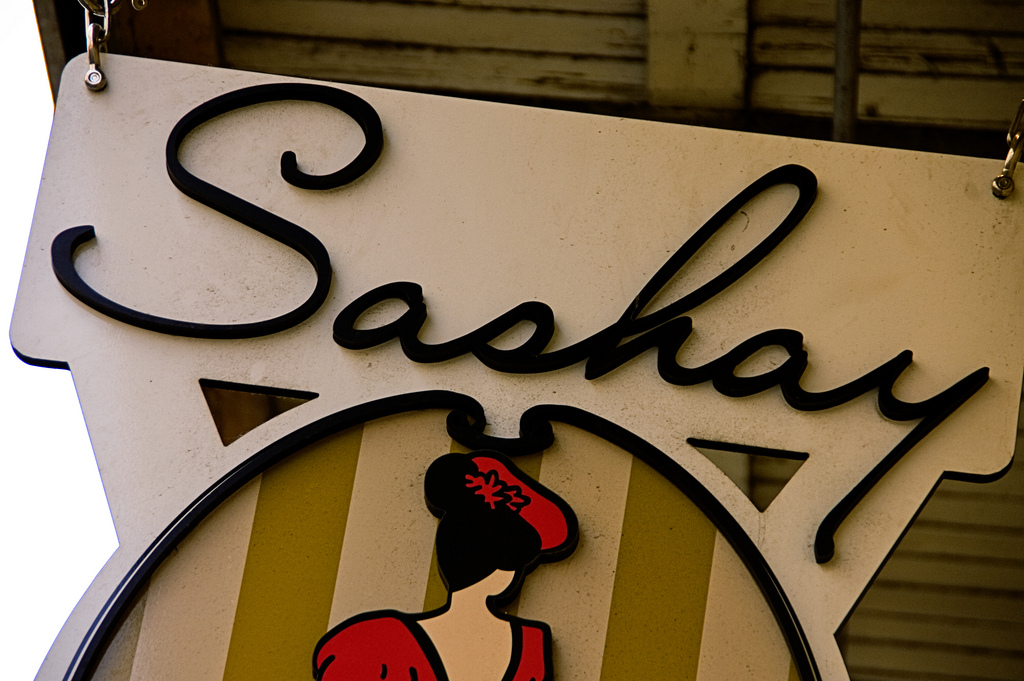Sometimes a little snark does us all good. So I’m resurrecting one of my snarkiest posts from a couple of years back. Enjoy.
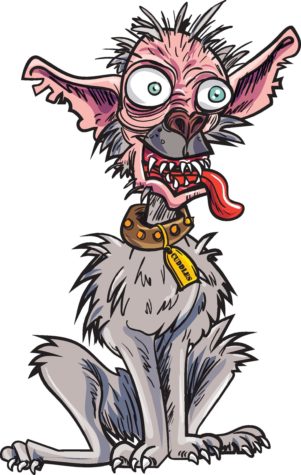 Guys, this isn’t easy for me—please know that I’m quite conflicted over what I’m about to write. It goes against a big part of who I am. But judge me as you will. After years of hiding behind a gentle loves-all-animals exterior, it’s time for me to expose this personal inner truth.
Guys, this isn’t easy for me—please know that I’m quite conflicted over what I’m about to write. It goes against a big part of who I am. But judge me as you will. After years of hiding behind a gentle loves-all-animals exterior, it’s time for me to expose this personal inner truth.
I hate Chihuahuas.
There. I wrote it. I put it down on a public page and there’s no taking it back.
I’m a person who chats amicably with the spider living above my shower, who puts worms caught on my trowel back into the soil, who brakes for toads and braves highway traffic to move crossing turtles (even the snapping kind) to safety. If I had the brutal choice to save either a mutt or a man, I’d have to think on it—and I can’t promise that man would make it home for dinner. That’s how much I love the world’s non-human creatures.
But I hate Chihuahuas. They are crazy-eyed ghouls, incessant squeaky toys, rabid ratsquirrels. That air of superiority…have they never looked in a mirror? Not that they’re smart enough to recognize themselves. I have no doubt they’d fight their reflections to the death.
I’d rather cuddle and kiss a used Bandaid from a public pool. I’d rather spoon with Golem on a bed of cricket shit.
Inexplicably, none of the Chihuahuas I’ve met like me, either.
One of my best friends has three of the damn things. Or maybe four. Who the hell can tell when they’re all coming at me at top squeal? (Her dog choice is almost a deal breaker re: our friendship, except that she’s awesome in all other ways, and she rescues these things because they’re too horrible for anyone else to take home.) When I’m at her house, any movement on my part—a nod, a toe wiggle, an inhale—sends them into that full-on freak show barkathon, their little bodies a-bounce with the effort.
Sometimes they just scream from their puffy little beds, too lazy to bother moving, their stupid heads half visible under the blankets they need to avoid hypothermia. It’s tragic. Grow some fur if you claim to be a dog. Dogs have fur. Here’s one of my dogs with the fur he shed after just three passes of my hand. Now that’s a dog.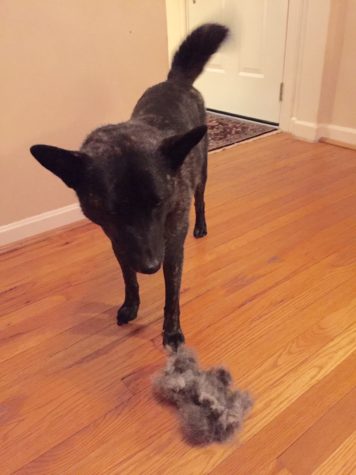
I’ve decided that a group of Chihuahuas should be called a “nuisance.” A nuisance of Chihuahuas. Or maybe an “itchy rash.” Better yet, to promote their combo of being irritating and evil, let’s call them a “Joffrey.” A Joffrey of Chihuahuas. That’s good.
Back to the frightful four, I’m forever a stranger no matter how many years they’ve known me, no matter how many hours I’ve been in the room with them. If I step out for a moment, I’m once again a gun-toting intruder when I step back in. One in particular, a reddish bitch named Stella, has a constant growl vibrating against her curled lip as she eyes me tiptoeing around her space. It’s Chucky-doll creepy.
Here’s what Stella does next. She races up behind me, barking and growling, and, if time allows before I turn and bark back, she’ll lunge at my leg and nab my Achilles tendon with her little devil teeth. She’s chicken shit if I’m facing her, of course. Chicken. Shit. But I turn away and she’s suddenly Satan in a naked mole rat costume. (BTW, naked mole rats are actually fascinating, though ugly as all get out.)
You should know, I would never, could never, kick a dog. But is a Chihuahua a dog, really? Dogs share ancestors with wolves. Look at a wolf. Here’s one.
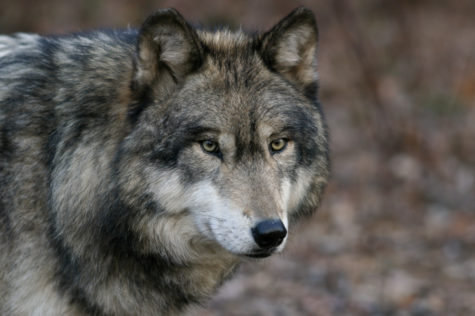
Now look at a Chihuahua. This.
Wolf, legitimately pissed (and still beautiful).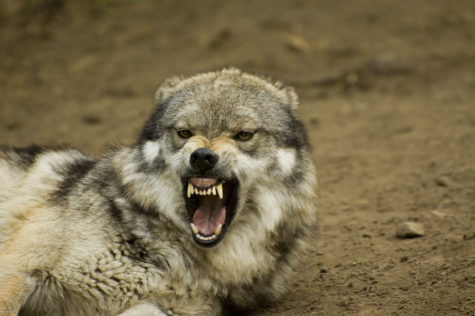
Chihuahua, just plain crazy.

They may be of the same family, even genus, but I suspect, given the chance, any self-respecting wolf would give Cousin Chihuahua a good neck-breaking shake for being such an embarrassment. And we humans should be ashamed of ourselves, because this is probably all our fault.
People have had a hand in dog breeding for ages, but it wasn’t until the 19th century that bloodlines and named breeds came into their own. Since then, to adapt a line I’ve used before, we’ve gone from wolf to woof to yap…to Chihuahua.
Actually, from what I can find on the Interwebs, Chihuahuas have been much like they are today for a very long time, at least since they were scrawny little companions of people in ancient Mexico. They’re likely descended from the hairless Techichi, if you must know. But somewhere along the way there must have been a DNA snafu or two, don’t you think, to get us where we are now? Add in some people with very strange taste mucking around with blood lines, and now some Chihuahuas have “deer” heads and some have “apple” heads. Come on.
And these non-dogs are dumb enough to go up against real dogs, somehow trusting they can scoot out from under big jaws in the nick of time. (They can’t.) If you are one of those owners who leave your Chihuahua outdoors, especially tied to something heavy, you should just start calling it Bait. Bait will no doubt be running it’s mouth nonstop and Bait will be attacked by a real dog and Bait will have deserved it.
I’m a bit of a dog snob, I’ll freely admit. I like primitive breeds with Asian roots, the types that would eat a Chihuahua before even processing hunger pangs. Here’s another one of my dogs.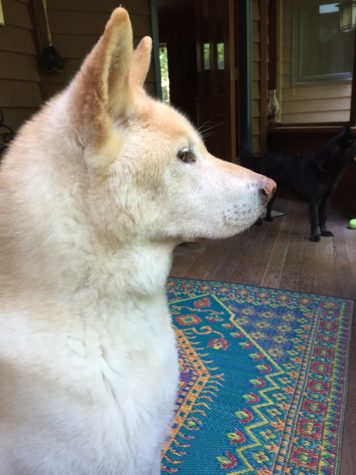 But I’ve owned and loved other breeds, including a happy-go-lucky golden retriever and a peculiar Weimaraner, and on any trip to an animal rescue facility, I’m tempted by a whole host of styles and sizes and personalities. (Even cats.) I love them all. Well, I love them most. Add to my “not actually dogs” list whatever type of yapping terriers live next door to me. (A set of five—or how about an infected scab of five. Intolerable. Hot sauce in the eyes…that’s what they deserve.)
But I’ve owned and loved other breeds, including a happy-go-lucky golden retriever and a peculiar Weimaraner, and on any trip to an animal rescue facility, I’m tempted by a whole host of styles and sizes and personalities. (Even cats.) I love them all. Well, I love them most. Add to my “not actually dogs” list whatever type of yapping terriers live next door to me. (A set of five—or how about an infected scab of five. Intolerable. Hot sauce in the eyes…that’s what they deserve.)
But I harbor a special high hate for Chihuahuas. I’m no longer apologizing for it. I’ve never met a gentle, cute, or generous one, nor one that deserves my attention, pity, or love. So, if you’re a Chihuahua owner, for some ungodly reason? You’d be smart not to let yours get all up in my face. I think I’ve made that clear.
—
Cartoon and photos from Shutterstock except the really mad Chihuahua, which is by David Shankbone (David Shankbone) [CC BY 3.0 (http://creativecommons.org/licenses/by/3.0)], via Wikimedia Commons.
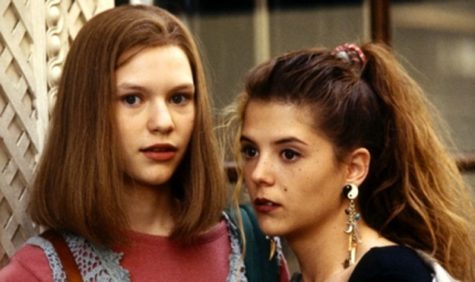 Puberty is happening earlier now. Girls in the West, particularly those living in poverty, get breast buds a year or two earlier in the 21st Century than they did in the mid-20th Century, and on average the age of menarche—a girl’s first period—has fallen by about 3 ½ months per decade. Boys’ development is accelerating too. We see this trend tracking childhood obesity rates and other endocrine disruptors, and there has been considerable handwringing in the media about this divergence from nature.
Puberty is happening earlier now. Girls in the West, particularly those living in poverty, get breast buds a year or two earlier in the 21st Century than they did in the mid-20th Century, and on average the age of menarche—a girl’s first period—has fallen by about 3 ½ months per decade. Boys’ development is accelerating too. We see this trend tracking childhood obesity rates and other endocrine disruptors, and there has been considerable handwringing in the media about this divergence from nature.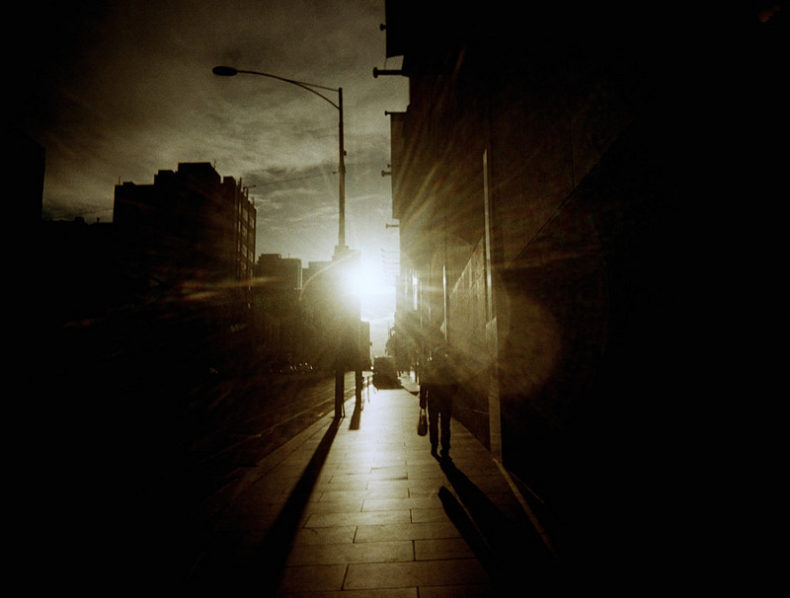
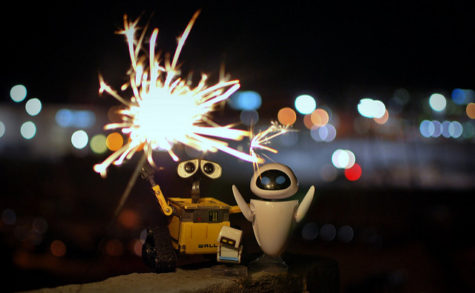 December 25-29
December 25-29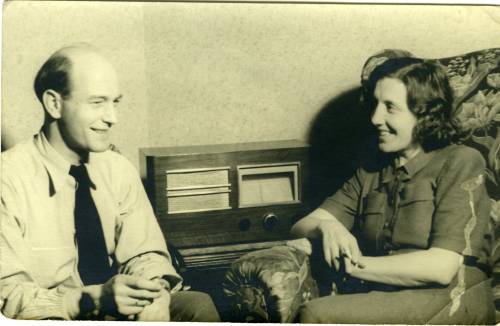

 Guys, this isn’t easy for me—please know that I’m quite conflicted over what I’m about to write. It goes against a big part of who I am. But judge me as you will. After years of hiding behind a gentle loves-all-animals exterior, it’s time for me to expose this personal inner truth.
Guys, this isn’t easy for me—please know that I’m quite conflicted over what I’m about to write. It goes against a big part of who I am. But judge me as you will. After years of hiding behind a gentle loves-all-animals exterior, it’s time for me to expose this personal inner truth.




 But I’ve owned and loved other breeds, including a happy-go-lucky golden retriever and a peculiar Weimaraner, and on any trip to an animal rescue facility, I’m tempted by a whole host of styles and sizes and personalities. (Even cats.) I love them all. Well, I love them most. Add to my “not actually dogs” list whatever type of yapping terriers live next door to me. (A set of five—or how about an infected scab of five. Intolerable. Hot sauce in the eyes…that’s what they deserve.)
But I’ve owned and loved other breeds, including a happy-go-lucky golden retriever and a peculiar Weimaraner, and on any trip to an animal rescue facility, I’m tempted by a whole host of styles and sizes and personalities. (Even cats.) I love them all. Well, I love them most. Add to my “not actually dogs” list whatever type of yapping terriers live next door to me. (A set of five—or how about an infected scab of five. Intolerable. Hot sauce in the eyes…that’s what they deserve.)